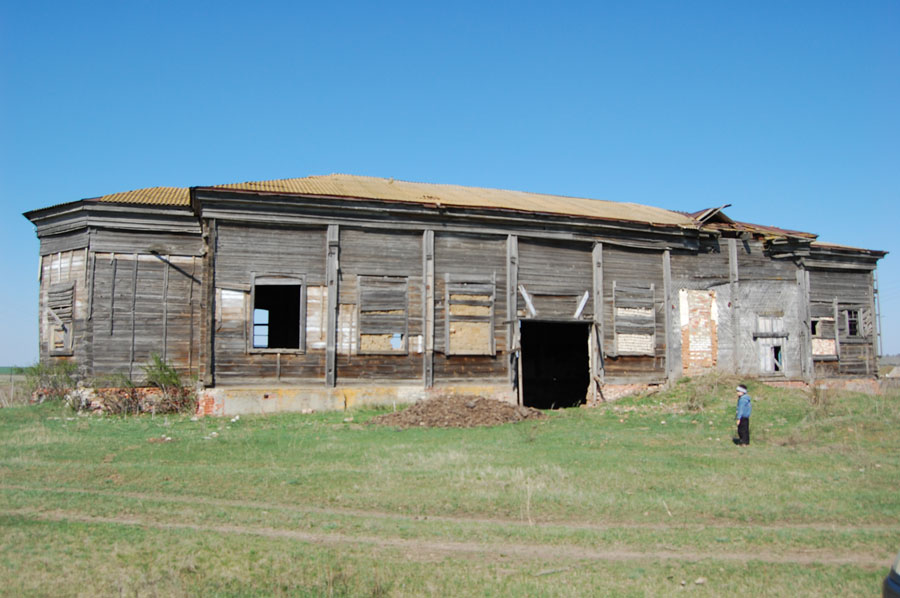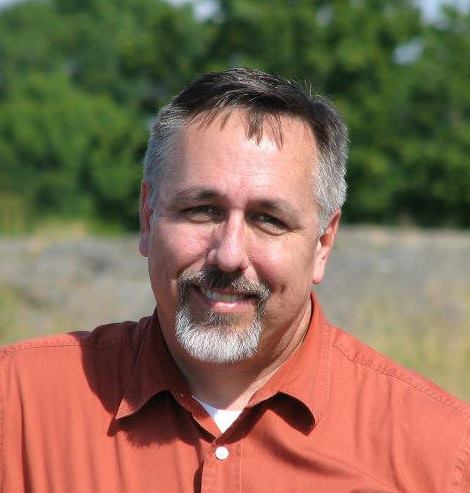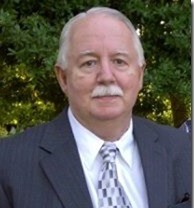
Source: Georgi Spach
Celebrating the 250th Anniversary of the Founding
of the Volga German Colonies of
Dietel, Kautz, and Kratzke
Saturday, 8 April 2017
Billings, Montana
The Volga German Institute at Fairfield University will be hosting a day-long celebration of the 250th Anniversary of the Founding of the Volga German Colonies of Kautz (May 20), Dietel (July 1), and Kratzke (August 7) in Billings, Montana, on Saturday, 8 April 2017.
The public is invited to attend.
Registration
Advance Registration: $30 per person if registration is received on or before 24 March 2017 [$10 for children 12 & under].
Regular Registration: $40 per person for registration received after 24 March 2017 or at the door [$10 for children 12 & under].
Registration includes all programs for the day and lunch.
* * * To register children, please call Jill at 203.254.4000 x.2648. * * *
To register & pay by credit/debit card, please follow this link for Online Registration.
If you prefer to pay by check, print the Registration Form, and mail it along with your check. To qualify for the Early Registration rate, payment must be received by March 24.
If you have questions, please call Jill at 203.254.4000 x2648.
[Note: There is no discount for partial attendance of this event. Notice of cancellation on or before 24 March 2017 will receive a full refund; after 24 March 2017 will receive no refund.]
Location
The day's events will be held at Pilgrim Congregational Church.
409 S. 36th St.
Billings, Montana 59101
(Phone: 406.252.8390)
Parking: free on-site parking
Speakers


Speakers for the workshop will be Dr. Brent Mai from Fairfield, Connecticut, and Michael Frank from Vancouver, Washington.
Dr. Mai serves as the Dean of Libraries and University Librarian at Fairfield University in Fairfield, Connecticut, where he also leads the Volga German Institute. Dr. Mai has spoken world-wide on many topics related to Volga German history and culture. Dr. Mai, whose father's side is Volga German, grew up in Western Kansas, graduated from Bethany College in Lindsborg, and continued graduate studies at George Washington University, the University of Texas at Austin, and Vanderbilt University. Brent's Volga German ancestors come from the colonies of Kratzke, Kautz, and Dietel.
Mr. Frank serves as the AHSGR Village Coordinator for the colonies of Kautz and Merkel. He recently retired from systems management. Michael has researched and spoken extensively on topics related to the history of Kautz and its people.
Schedule for Saturday, 8 April 2017
| 8:30 - 9:00 | Registration & Visiting |
| 9:00 - 9:45 | Session 1: Introduction to the Volga Germans and their Heritage
Everyone starts on a different page when it comes to their knowledge of who the Volga Germans are and how they came to be in Russia. This session will bring all attendees to the same place in that understanding - and we'll carry on from there.
|
| 10:00 - 10:45 | Session 2: The Geography of the Volga Germans
The Volga German region in Russia has a fascinating geographical history, both physically and politically. The boundaries of the regions in which the colonies are located changed numerous times. Each Volga German colony had many names during the past 250 years. Add in two languages (Russian & German) and two alphabets (Cyrillic & Latin), and more complications arise in understanding how one Volga German location relates to another. The trek of the Volga Germans around the world has created an interesting study of migration patterns. Today's Volga German descendants today speak a multitude of languages including German, Russian, English, Spanish, Portugese, Kazakh, and Uzbeck.
|
| 11:00 - Noon | Session 3: Volga German Settlement of the Yellowstone Valley
Although some families had been here before 1907, the development of the Huntley Irrigation Project in 1907 brought large numbers of Volga German families to Montana's Yellowstone Valley. They came from dozens of colonies including Dietel, Kautz, and Kratzke. This session will look at the these Volga German settlers and the roles that they played in the development of the communities.
|
| Noon - 1:30 | Lunch
Lunch will be provided for those who pre-register. Menu will include cabbage rolls, potato brats with sauerkraut, kraut bierocks, butterball soup, and kuchen along with other delicious sides. Since this is a catered event, those who sign-up onsite may not receive a lunch.
|
| 1:30 - 2:30 |
Session 4: History of Dietel, Kautz, and Kratzke All three of these colonies were founded in 1767, 250 years ago, on the bleak Russian steppe by immigrants from Western Europe. These hearty souls survived and thrived. What did those colonies look like then? What happened to them and their inhabitants over the years? Does anything remain of them now? |
| 2:30 - 3:30 | Session 5: The Western European Origins of the Volga Germans
When the Volga German colonies were founded (1764-1772), Germany did not exist. Rather, the ethnic Germans were living in a plethora of jurisdictions, kingdoms, duchies, and independent cities - many without contiguous borders. Today's Germany did not exist until these areas were unified in 1871 by Otto von Bismarck. Furthermore, not all Volga Germans were actually German. French, Italian, Polish, Dutch, British, Austrian, Swiss, and Scandinavian colonists also lived among them. During this session, we'll explore the origins of the Volga German immigrants who settled in Dietel, Kautz, and Kratzke.
|
| 3:30 - 4:30 | Session 6: Volga Germans Today
The descendants of those original Volga German immigrants live today all around the globe with the largest numbers in the United States, Canada, Germany, Argentina, Brazil, Russia, Kazakhstan, Uzbekistan, South Africa, and Australia. What parts of their ancestral heritage have they taken with them to these new lands? This session will take a look into the lives of Volga Germans today.
|
| 4:30 - 5:00 | Wrap-up |
Area Hotels
Lexington Inn & Suites
3040 King Ave. W
(406.294.9090)
Residence Inn by Marriott
956 S. 25th St. W
(406.656.3900)
Homewood Suites
3420 Ember Ln.
(406.656.0525)
Holiday Inn Express
3431 Ember Ln.
(406.652.0111)